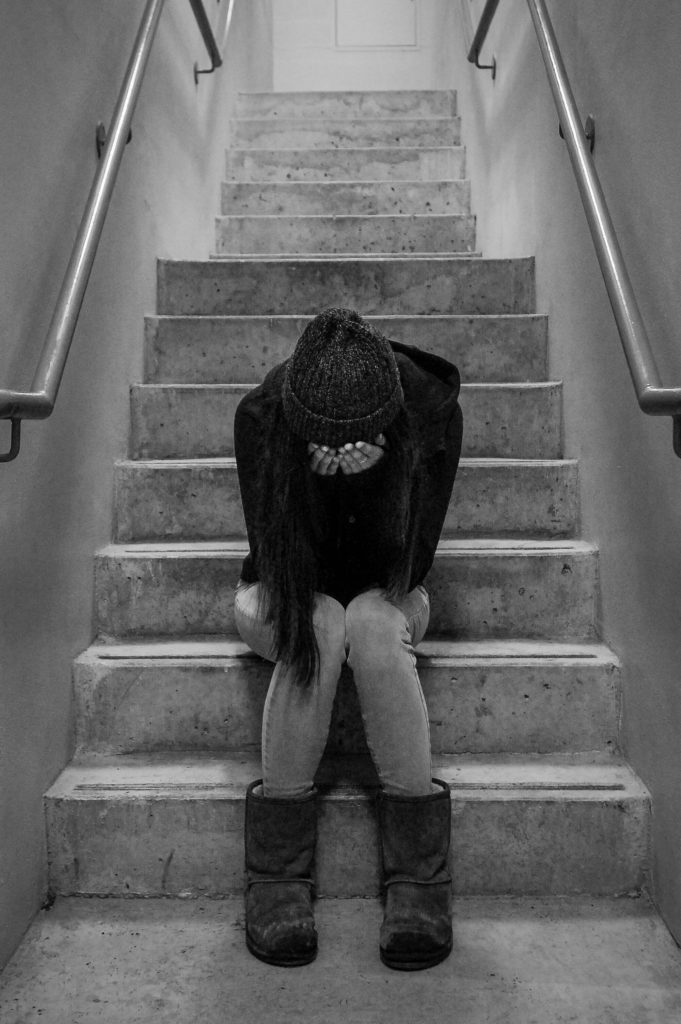
A UW student was denied an immediate appointment with Counselling Services during Thrive Week because they weren’t booking for mental health issues at the time.
Priya Kaur Gill, a master’s student in Rhetoric and Communication Design at UW, tried to book an appointment on Nov 6 with Health Services, but her request for an immediate appointment wasn’t accommodated and she was asked to come in near the end of Nov.
“I called Health Services because I have depression and wanted to change my anti-depressants and asked for an appointment but the receptionist said that unfortunately, they aren’t booking for mental health reasons right now,” said Gill.
The receptionist agreed to book an appointment, but only later in the month.
Gill said she thought Thrive Week , the university’s positive mental health awareness week, would be a time when she could access care. According to Gill, the Health Services receptionist also said that appointments are based on doctors’ preferences.
“I was completely confused—why did the doctor’s preferences matter when it comes to my reasons to see a doctor?” Gill said.
The wait time to meet a counsellor is currently up to two weeks to get an appointment. Counselling Services recently cut the maximum amount of appointments before reassessment to six per student, per year, down from ten. Counselling Services told Imprint that most issues can be resolved in six sessions or less and the restriction cuts down on wait times.
“It’s upsetting to see that the university, which tries to care about mental health, would rather put a cap on appointments than invest more in counselling to reduce wait time,” Gill said. The receptionist also emphasized only attending a maximum of six sessions per year for a student, Gill said.
“I don’t think the services took into account how difficult it is to open up about an issue. It took me three sessions to open up and if I only had six sessions, I wouldn’t even be able to start getting help. I’d feel rushed,” Gill added.
Gill was an undergraduate student at UW and had used Counselling Services between 2016 and 2018 and recalled how it was easier to get an appointment back then without meeting an intake specialist first.
“It was hard enough to go and then they gave me this paper to fill on the ‘severity of condition’—how am I supposed to know that,” a third year student who wished to remain anonymous, said.
Intake specialists are qualified mental health professionals who do an initial interview to determine the severity of the concern. Students are also required to fill out a questionnaire and form before meeting the specialist.
“I wasn’t comfortable just opening up to someone I didn’t know in my first session, even if they’re a professional. That’s why I don’t get how this in-take thing can be effective,” Gill said. Gill also emphasized on how long it takes for the medication to kick in, sometimes even taking up to four weeks depending on the strain. “What was I meant to do for the rest of November? Where’s the services #UWThrive advertising now? It was so upsetting,” Gill said.
This article has been corrected to say Priya Gill’s request for an immediate appointment wasn’t accommodated. It had previously incorrectly said she was refused an appointment.
It has also been corrected to say Counselling Services recently cut the maximum amount of appointments before reassessment to six per student, per year, down from ten. The article previously incorrectly said Counselling Services recently cut the maximum amount of appointments to six per student, per year, down from ten.




























